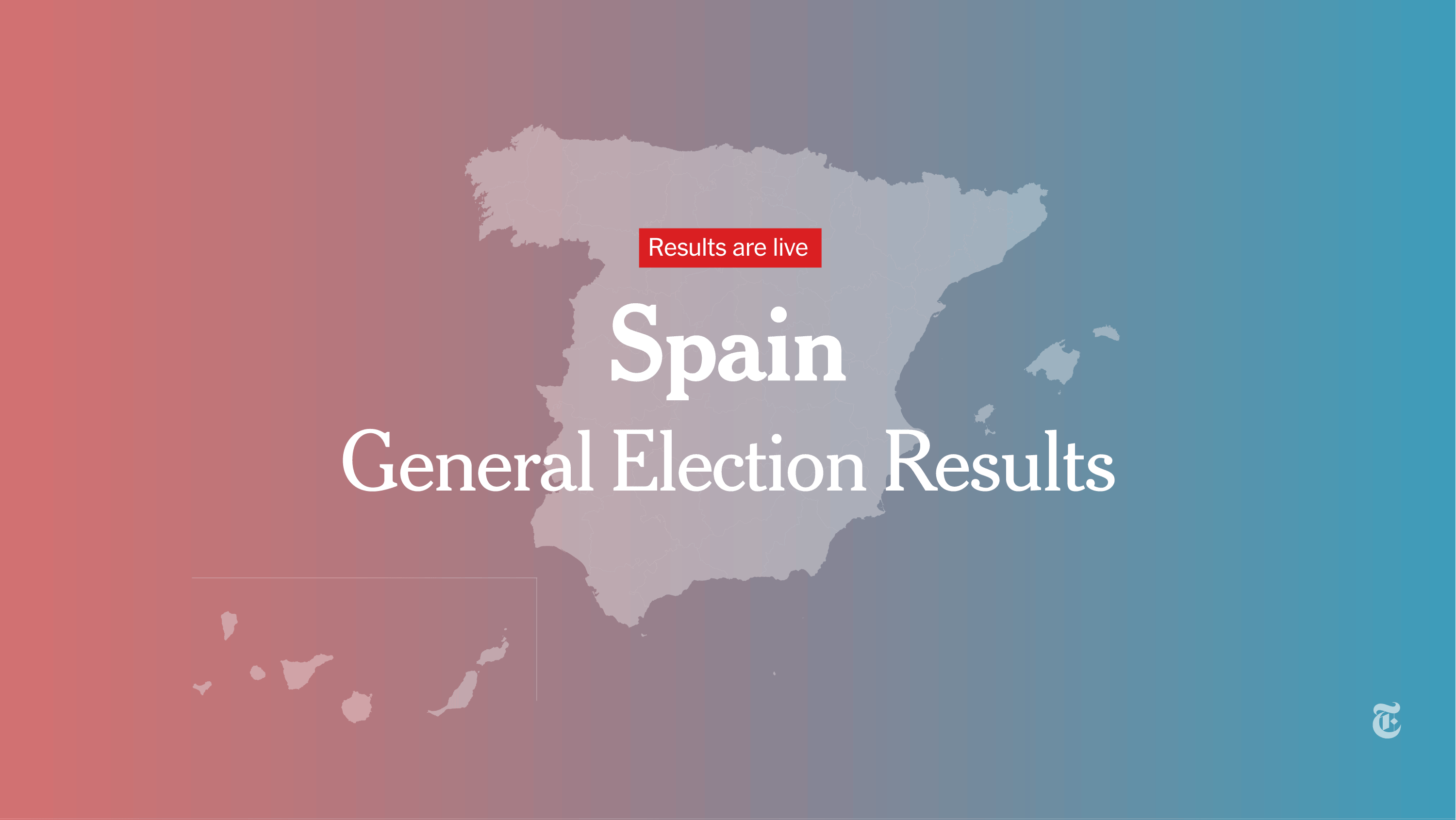Although the conservative People’s Party (PP) of Spain’s opposition leader Alberto Núñez Feijóo won the most seats in Sunday’s general election, it fell short of claiming an absolute majority.
Spain now faced the difficult task of forming a government after the snap parliamentary elections produced no clear winner.
Even if the People’s Party formed a coalition with the right-wing populist Vox, it still fell short of having enough seats to govern.
The situation in the left camp was not much better.
- Cultists raid Lagos community, kill police inspector
- Muslim Community urges Adeleke to recognize Shariah Law in Osun
Prime Minister Pedro Sánchez’s Socialist Workers Party (PSOE) with the help of several smaller parties, could mathematically form a majority.
But it was very unlikely that his coalition government would be re-launched.
Observers were now speaking of a new election.
Sánchez would need the support of the Catalan separatist party of former regional leader Carles Puigdemont, which was considered unlikely.
Meanwhile, a grand coalition between PP and PSOE was considered out of the question because of the strong polarisation of the two camps.
The EU’s fourth-largest economy, which held the Council presidency until the end of the year, is thus likely to face a deadlock and possibly another election.
In spite of slim prospects, PP top candidate Feijóo claimed the office of prime minister for himself on election night.
“I took on the task of starting negotiations to form a government,” he said, to the cheers of thousands of supporters in Madrid.
Although the PP gained 47 seats to claim a total of 136, that is far from the number needed for a clear majority, of 176 seats.
Even the 33 seats of the far-right party, Vox, were not sufficient, as the possible right-wing alliance would still be seven seats short of a majority in parliament. (dpa/NAN)

 Join Daily Trust WhatsApp Community For Quick Access To News and Happenings Around You.
Join Daily Trust WhatsApp Community For Quick Access To News and Happenings Around You.


